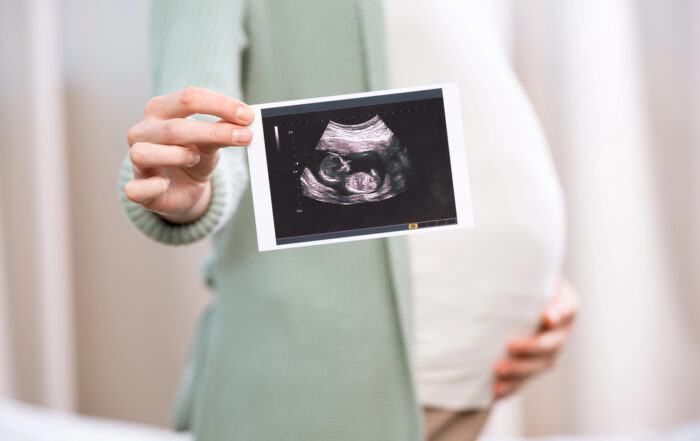
Navigating Fertility After a Breast Cancer Diagnosis: 5 Things Every Woman Should Know
When a woman hears the words “you have breast cancer,” her world shifts in an instant. For those who dream of building a family, that diagnosis carries a double weight: protecting your health while preserving your fertility. The good news? You have options—and with swift action and the right support, your parenting dreams can remain intact.
At GIVF Fertility, we specialize in helping women navigate this delicate intersection of cancer care and reproductive planning. Our team of fertility experts works hand-in-hand with oncologists to create personalized preservation strategies that honor both your health and your hopes.
Here are five essential things to know about breast cancer and fertility that can help you move forward with clarity and hope:
1. Egg Freezing Can Safeguard Your Future Family
Freezing your eggs before starting treatment is the most effective way to preserve fertility. Egg retrieval can typically be scheduled within six weeks or less, allowing you to store healthy eggs before chemotherapy, radiation, or hormone therapy begins. Later, when you’re ready, those eggs can be fertilized through IVF—and if needed, gestational carriers can help bring your baby into the world.
2. Fertility Planning Doesn’t Have to Delay Cancer Treatment
In most cases, there’s a window of time between diagnosis and the start of treatment. This allows you to consult with a fertility specialist and create a preservation plan without compromising your prognosis. Even if your diagnosis is aggressive, speak up—your oncologist may be able to tailor treatments to support your fertility goals.
3. Chemotherapy Can Permanently Impact Reproductive Health
Chemotherapy can damage egg quality and reproductive organs, making conception more difficult and increasing the risk of genetic complications. That’s why fertility preservation before treatment is so critical—it gives you the best chance of a healthy pregnancy down the road.
4. Every Treatment Has Different Fertility Implications
From hormone therapy to radiation and surgery, each breast cancer treatment affects fertility differently. Some women regain ovulation after hormone therapy; others don’t. Chemotherapy and radiation can affect cells throughout the body, including the reproductive system. It’s vital to discuss your treatment plan with both your oncologist and fertility specialist to understand the full picture.
5. You Are Not Alone
The journey may feel isolating, but countless women have walked this path before you—and many are eager to share their stories, support, and wisdom. Fertility clinics often connect patients with peer mentors, and online communities offer a safe space to ask questions and find encouragement.
Final Thought
Breast cancer doesn’t have to mean the end of your fertility journey. With timely action and a compassionate care team, you can protect your health and your hope for a family. If you or someone you love has recently been diagnosed, reach out to a GIVF fertility specialist today and let us help you explore every option with confidence and care. .





